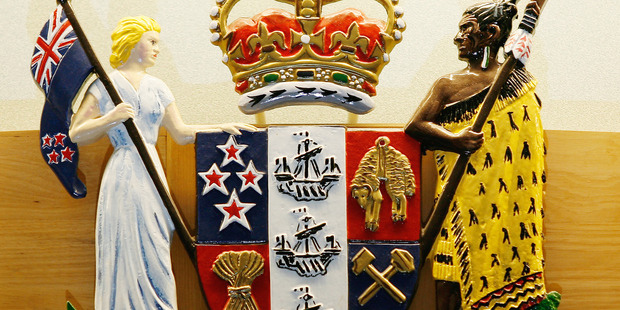
An Auckland lawyer is accusing the Serious Fraud office of abusing its power by initiating border arrest alerts on targets before they are charged.
The SFO says such alerts are only issued if there is sufficient evidence to support a charge punishable by imprisonment.
Maria Cole, of Blackstone Chambers, said she was aware of two cases where the SFO had asked police to issue border arrest alerts on people it was investigating despite no charges being laid. This meant they were unable to leave the country without being arrested.
"What you've got is an abuse of power going on," Cole told the Herald. "Arresting someone without a warrant is a very serious issue. The police only do it ... in very defined circumstances.
"Effectively what's happening is that person is not being arrested for the offence - they're being arrested for the fact that they're trying to leave the country and yet the Serious Fraud Office hasn't made up its mind yet whether to charge this person or not."
If SFO investigators were satisfied that a person should be charged then they should charge them, rather than carrying out their investigation "at their leisure" and initiating an arrest alert. This was particularly true if they already knew where the person lived and worked, Cole said.
"It's one of those situations where you can't have your cake and eat it too. If they have decided that ... the person has committed an offence then at that point it's their decision whether to charge him or not."
Her client had actually wanted to be arrested so he could be placed in the court system and apply for a variation to his bail that would enable him to travel. He had even volunteered to go to the SFO's offices so that he could be charged, but the offer was declined, Cole said.
He was in a "legal limbo" where he could neither be arrested and deal with the charges, nor book his flights because he would be held at the airport and miss his plane.
His legal team had filed an application for a judicial review on the matter but this never went ahead as the man was finally arrested and charged before it went before a judge.
In another case, Cole said a client was in a similar situation for 14 months before charges were laid.
She was concerned that there was no public database on how regularly arrest alerts were issued without charges being laid.
The SFO said in a statement that it had a memorandum of understanding with police which explicitly provided that the SFO could request police place border arrest alerts on people being investigated.
"Notwithstanding such a request ... a police officer may only arrest someone if he or she has good cause to suspect that person has committed an offence punishable by imprisonment."
Any such request must therefore be accompanied by supporting information that demonstrated there was sufficient evidence to reach that threshold, the statement said.
The SFO said there were several factors that could support the decision to hold off on arresting someone, even if there was enough evidence to support a charge.
"For example, where there are multiple suspects who may have worked together as a joint enterprise, it is logical for any prosecution to be brought against all parties in a single proceeding. Proceeding against one individual separately and then seeking to join others later when the investigation is complete would be an extremely inefficient use of resources both for the SFO and the courts," the statement said.
Similarly, while there may be evidence to support some charges against an individual, the full scope of offending would likely not be known until the investigation was complete. This was particularly true of the relevant SFO cases, which were typically complex.
"While the person may not yet have been charged, the presence of an arrest alert means the SFO considers (and the police agree) that there is sufficient evidence to support a charge punishable by imprisonment against that person. The placing of an alert is therefore not arbitrary or unfair," the statement said.
The SFO would generally only request border arrest alerts when a person represented a potential flight risk.
The SFO said that since January 2014, 11 arrest alerts had been issued on people under SFO investigation who at the time had not been served with charging documents. It declined to provide information on arrest alerts on current cases.







